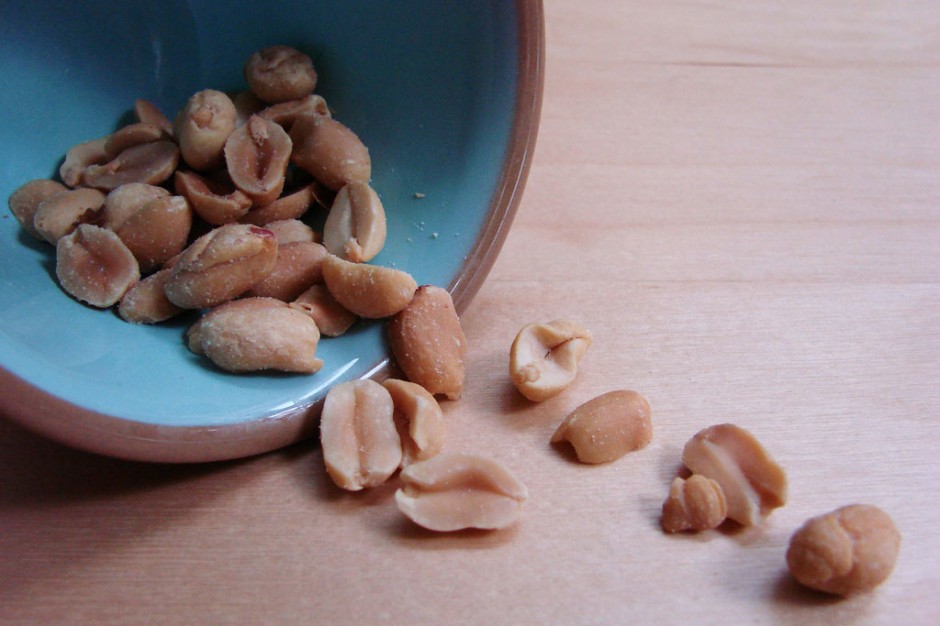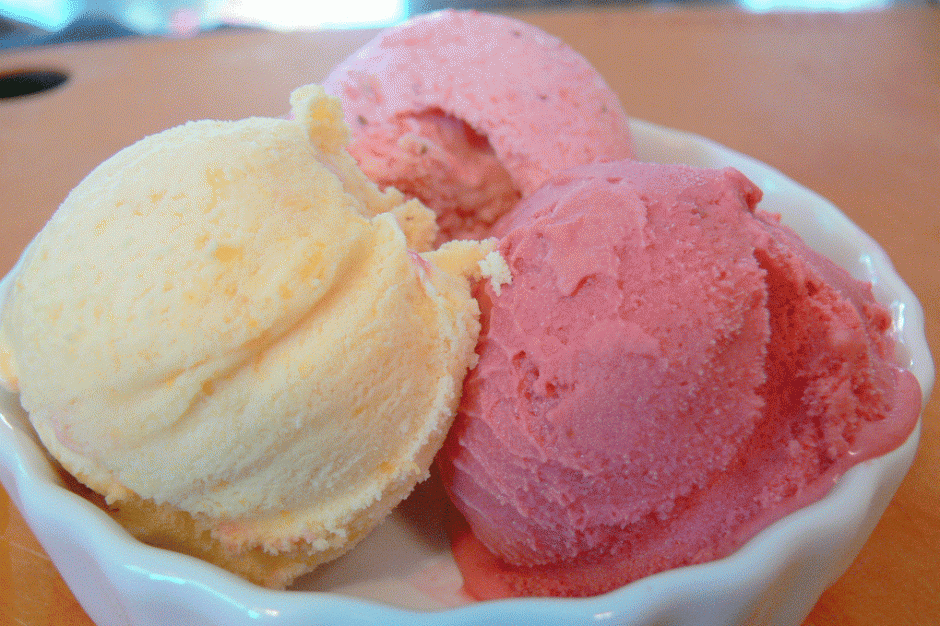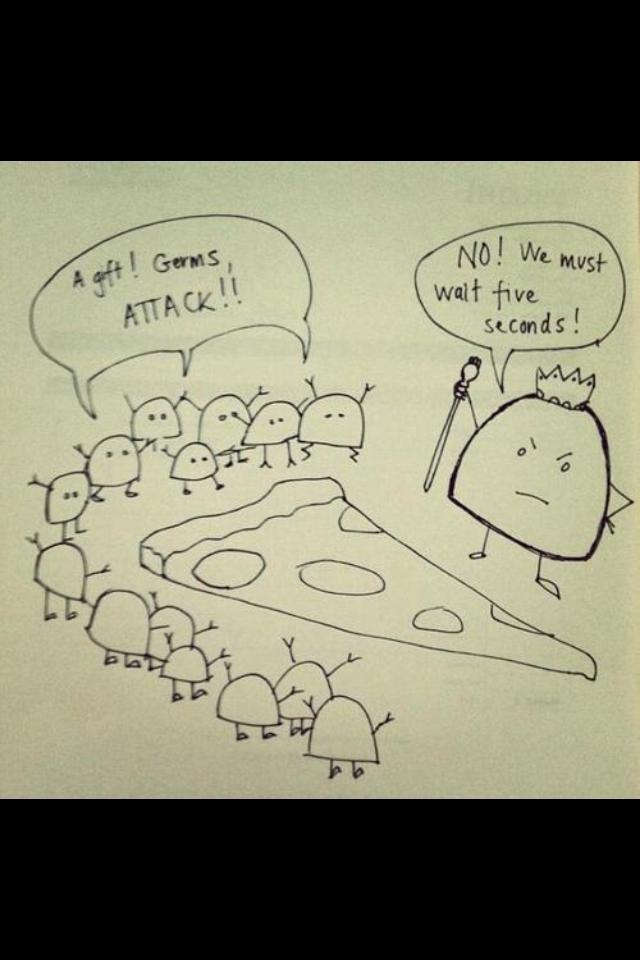A Moment of Science XII
 |
(1)
The 5 Second Rule: Truth Or Myth? We¡¦ve all heard of the ¡§Five Second Rule¡¨ but, is there any truth to it? Click here to listen: http://wfiu.indiana.edu/podcasts/audio/amos/10/154.mp3 |
Vocabulary:
| rule to put st to the test microbiologists Clemson University to coat with squares of tile wood flooring carpet solution Salmonella bacteria to dry to transfer surfaces to drop smooth tile floor bacteria cells |
|
to
transferred to a slice of bologna percent to be contaminated loads of hasty retrieval to limit brief contact healthy immune systems ingested bacteria infectious dose individual cells to think twice cookie |
Listening comprehension questions:
1. a. What is the "5-second rule"?
Write it out in a complete, grammatical sentence. b. Had you ever heard of
this or a similar rule before hearing this podcast?
2. Why are the results different for a
smoother and for a less smooth floor?
3. Are you safe if you have a strong immune
system? Explain.
4. After hearing this podcast will your
habits change as regards eating food that has fallen on the floor? If so,
how?
 |
(2)
Glycoproteins,
Xylomannan, |
Vocabulary:
to
wonder |
to
prevent s.t from to grow to rupture cells dozens of (translate as ¼Æ¤QÓ) freeze tolerant Fahrenheit Celsius amazing Alaskan to survive temperatures xylomannan molecule sugar fatty acids research |
Listening comprehension questions:
1. What are two important features of
ethylene glycol?
2. What do glycoproteins do, and when
did we first learn about them?
3. Mark the stress in the expressions:
a. ice crystals b. ice cream c. Arctic fish d. particular surfaces e. Alaskan
beetle f. fatty acids g. immune systems h. ingested bacteria i. infectious
dose j. individual cells
4. Name all the different species
of fish mentioned in this broadcast, and give the Chinese equivalent for each.
5. What is xylomannan, and what
does it do?
